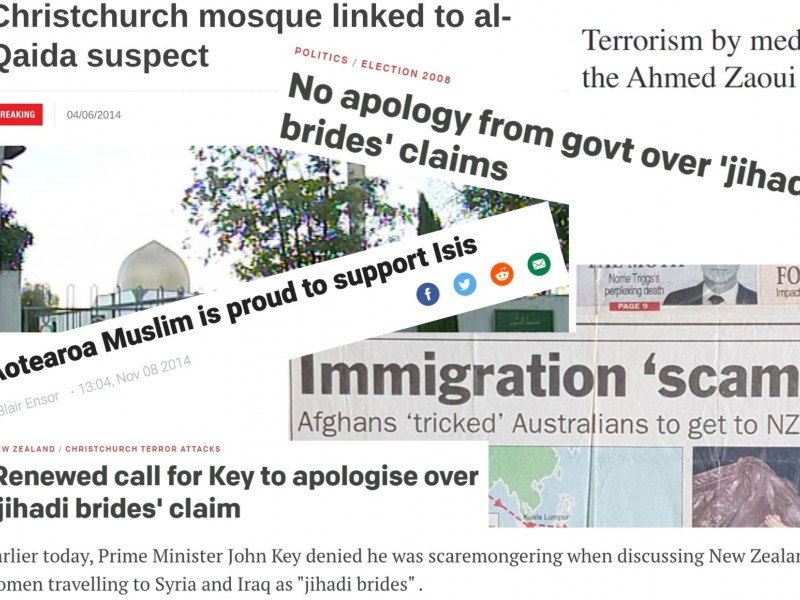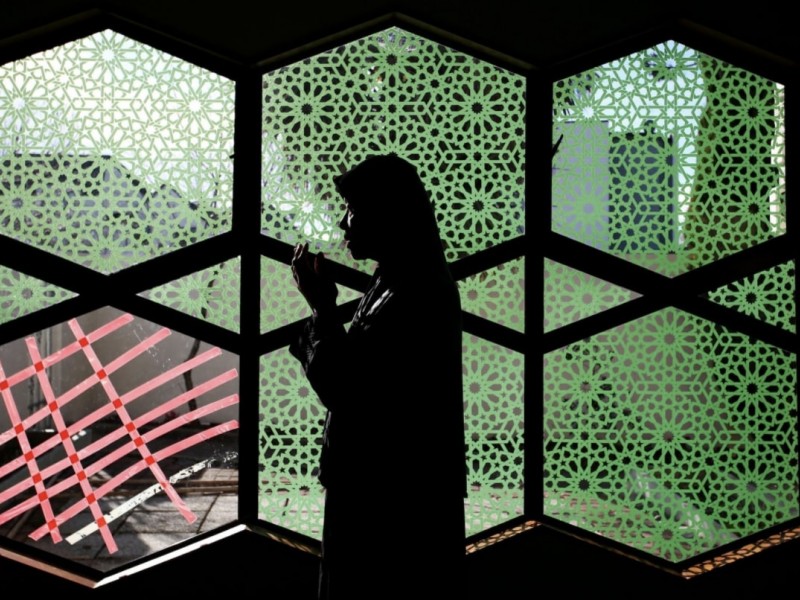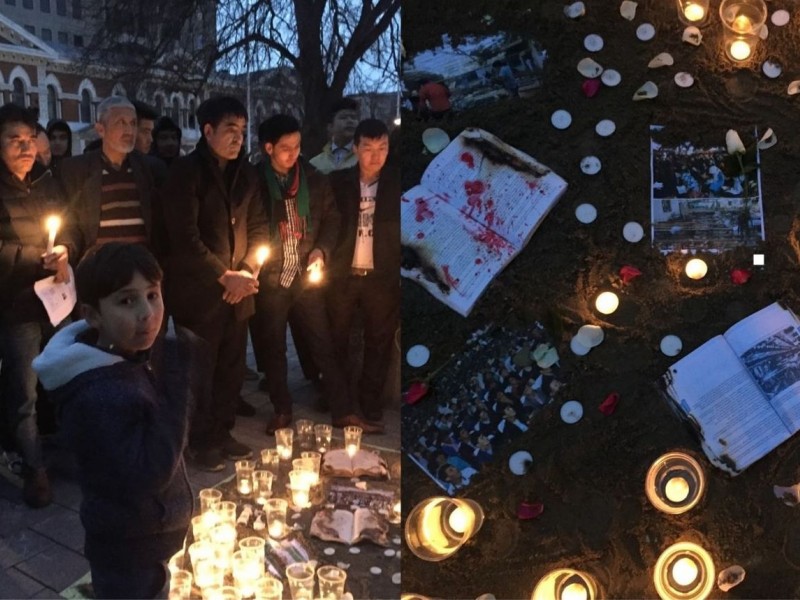The headlines above are only the tip of the iceberg of a much deeper issue regarding media coverage in New Zealand. It creates a deep mistrust towards the media
“A lot of Muslims deeply mistrusted the media and a lot of people believe the media was purposely trying to skew their image,” Mohamed said.
Mohamed believes that media coverage surrounding Muslims in New Zealand wasn’t as constructive as it could have been. He makes it clear he believes that New Zealand media is in no way alone in this either.
“I think this has been a recurring theme over the last 20 years, especially since the attacks on 9/11. I think the way Muslim communities were seen in the United States media, made its way over to New Zealand and there were a lot of stories that I, as a young journalist and someone that entered the media specifically to try and counter this narrative and to try and create more constructive coverage, was very critical of.
Once Mohamed started working in journalism, he realised that this isn’t necessarily the case. New Zealand media isn’t intentionally trying to portray an entire community negatively. It was a result of an absolute lack of representation in the newsroom regarding the people they’re writing about.
“There's no representation of Muslims within the media industry and there's also a lot of ignorance. So, when a reporter goes up to a story and they have personal biases, as everyone else does, but when there isn’t anybody there to challenge these biases, then no grand narratives that end up in people's homes when they watch TV or read the news will ever get challenged.”
One story stood out to him. It irked him a lot. It was a 60 Minutes story about 10, maybe 15 years ago, about Mongrel Mob members in prison that were converting to Islam.
“It was splashed about like this exclusive that 60 Minutes had and it was presented as this really shocking and alarming story about these really dangerous gang members that were also converting to Islam behind bars and that this was something that everyone in New Zealand needed to be aware of."
Gang members, Islam, and prison. Mohamed said it was kind of the perfect storm in terms of problematic and alarmist reporting.
“It ticked a bunch of different boxes where you have problematic coverage of Maori communities in the media, you have the alarmist ways that gangs are often covered and you also have Muslims and it was all in prison so it was kind of the perfect storm. But those were the kinds of stories that I really thought needed to desperately to change,” Mohamed said.




